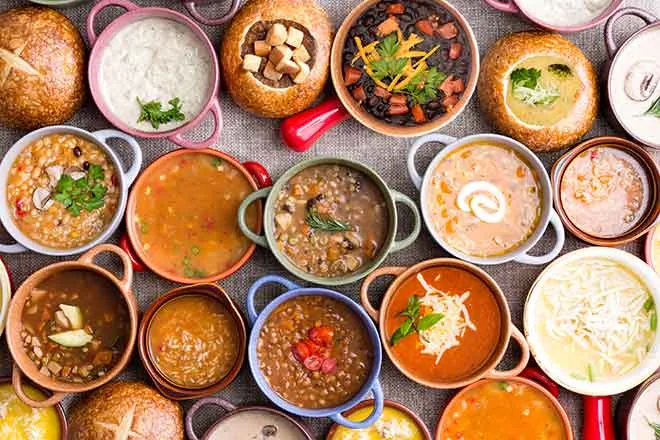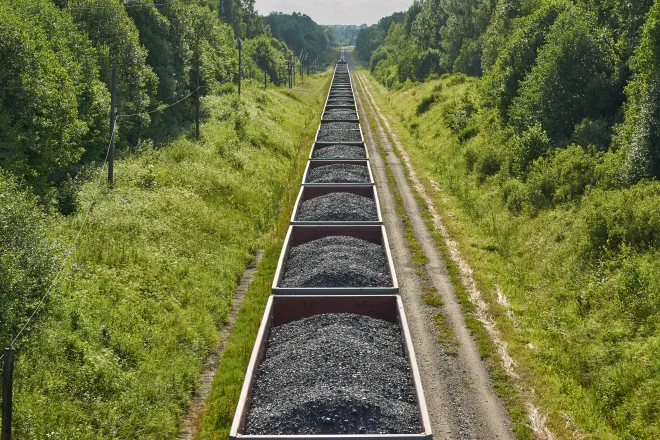
Farm innovations in Minnesota seen as tool in ending racial hunger divide
© iStock - Pashalgnatov
Click play to listen to this article.
(Minnesota News Connection) Among Black Minnesotans, some 25 percent are food insecure.
An emerging initiative aims to connect BIPOC communities with healthier and culturally appropriate foods, and it starts by elevating the people growing those items. Unemployment remains low in the U.S., but hunger relief networks report record demand.
Marcus Carpenter founded Minnesota's Route 1 organization and said struggles run deep in communities of color. His team focuses on providing technical assistance to Black, brown and Indigenous farmers who can grow more food and distribute it to these populations.
A new grant allows Route 1 to try out different approaches, such as partnering with a company on "freight farms."
"They refurbish old shipping containers; they totally gut these shipping containers out," Carpenter explained. "They implement hydroponic technology that allows urban farmers and other farmers who don't have access to land outside to be able to grow fresh produce inside these shipping containers."
And it is not just the typical fresh produce most Americans are accustomed to. Carpenter pointed out emerging farmers can grow items closely aligned with their cultural heritage. He acknowledged addressing gaps within the nation's food system can be very complex, but added local solutions go a long way in creating efficiencies in the pursuit of equality.
Route 1 is boosting access through a $250,000 grant from the American Family Insurance Institute for Corporate and Social Impact.
Nyra Jordan, social impact investment director for the institute, said the dynamic seen in Minnesota is being felt elsewhere.
"Independent farmers across the country have a hard time accessing funding and distribution channels to sell their crops," Jordan emphasized. "That's especially true for the small but growing number of Black, brown and Indigenous farmers."
Only about 1 percent of Minnesota's farmers are BIPOC. Jordan stressed the hope is Route 1's efforts can inspire similar action in other states. Separately, Minnesota has established a new Emerging Farmers Office, geared toward creating more pathways for historically disadvantaged producers.
















